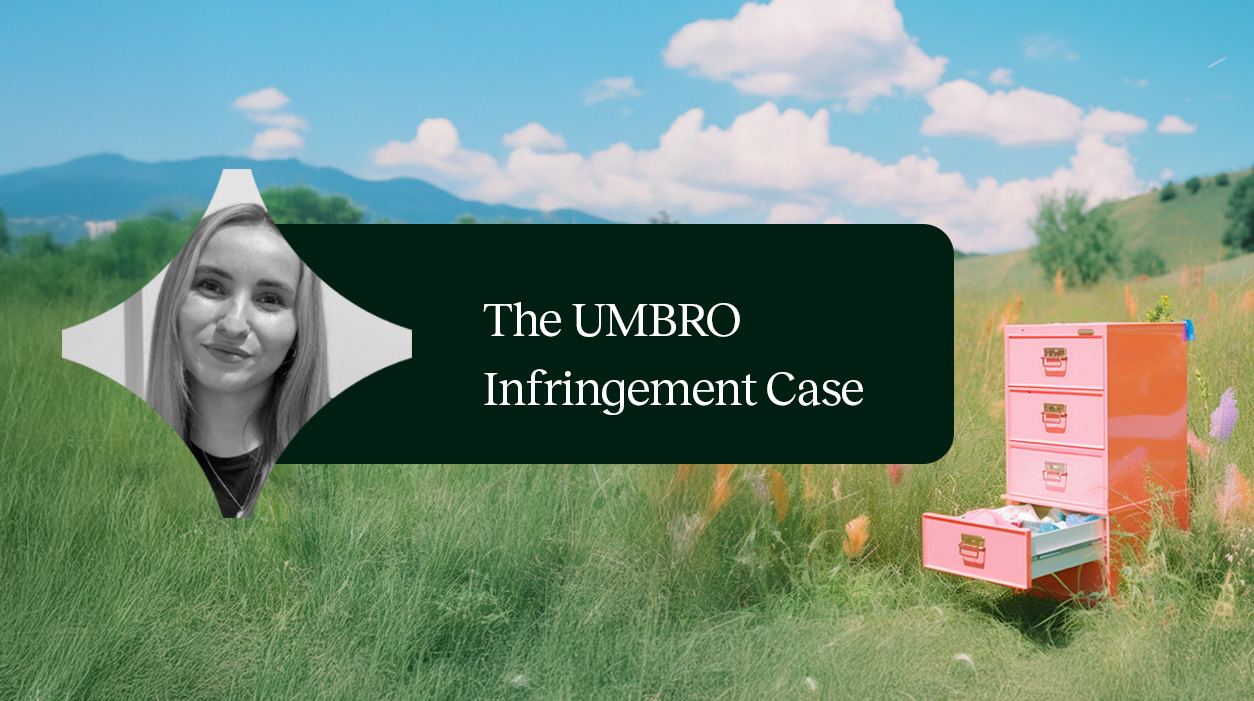CrossFit – The value of a “strong” trade mark
- IP & Trademarks
- Strategy

Photo courtesy of CrossFit Inc.
This weekend, Swedish athlete Lukas Högberg achieved what many athletes all over the world dream of, getting on the podium at the CrossFit Games, the annual contest to crown what they regard to be the “fittest man and woman on earth”.
This will not be about the pros and cons of CrossFit as a sport (or is it a sport? more on that later), this post is about what can happen when you combine vision with a solid trade mark protection (spoiler alert: an extremely valuable brand).
In order to describe why this is at all interesting from a trade mark perspective, you first need to understand a fundamental aspect of trade mark protection; you cannot trade mark a “generic” term and thus prevent other organisations using the term. An example can be “coffee” for a brand of, well… coffee. The evident reason being that if you were to be able to register “coffee” for a coffee brand, no other coffee manufacturer would be able to describe their product without committing trade mark infringement.
Turning our eyes to the world of sports, almost every sport is a generic term, which cannot be trade marked. As an example, if I were to launch a chain of sports centres focusing on tennis and name it “Fredrik’s Tennis Courts”, this would have two primary consequences:
- I would not be able to get exclusive rights to the “tennis” part of the brand name.
- At the same time, since no-one else has exclusive rights to the term “tennis”, I cannot be stopped from using “tennis” in my brand.
Makes sense?
CrossFit however, is something completely different.
CrossFit is the brainchild of Greg Glassman, an American former gymnast, and is not categorized as a “sport”, but as a “fitness regimen” consisting of constantly varied functional movements carried out at high intensity. The movements comes from altogether different sports like weightlifting, running, swimming, gymnastics and many, many more.1
So, what differs “CrossFit” as a term from “tennis” for example? Firstly, since “CrossFit” was a totally unknown concept back in 2004, when the first trade mark application was filed, there were no reasons as to why the trade mark should not be registered. Since 2004, the trade mark portfolio has steadily grown and now covers a wide range of trade mark classes and countries.
The result is a somewhat unique situation where something that by many is considered a sport just like any other, with almost 14 000 gyms worldwide, is actually a well-protected and well-monitored trade mark.
As a gym owner, in order to state that you run a “CrossFit” gym without committing trade mark infringement, you have to (among other things) pay a license fee to CrossFit Inc. in order to become an official “CrossFit Affiliate”.
The same goes for sports merchandise such as apparel, shoes and equipment. Actually, only one company is allowed to sell CrossFit branded apparel and shoes, and that is Reebok. Back in 2010, Reebok and CrossFit entered into a ten-year exclusive license to sell CrossFit branded apparel and footwear. In return, CrossFit would get annual royalties on the net sale and Reebok’s commitment market the CrossFit products. This exclusivity has revitalised the Reebok brand made Reebok synonymous with CrossFit to the extent that many people believe Reebok to have come up with CrossFit in the first place. This is why you cannot find any other brand making apparel and shoes that are specifically for CrossFit. As an example, a popular shoe among CrossFitters is the Nike Metcon. However, nowhere on the Nike website can you find a reference to “CrossFit”. Search for “tennis” instead and you will find a full range of shoes and apparel.2
What is there to learn from the CrossFit story?
Firstly, it is important to note is that CrossFit does not “own” the fitness regimen, there is absolutely nothing that stops you from exercising according to their fitness regimen, either in a “non-CrossFit” gym or by yourself at home. CrossFit themselves regularly posts workouts, instructions and a lot other useful content available for everyone to take part of. Also, the major competitions, such as the “Regionals” (which qualify athletes to the CrossFit Games) as well as the annual CrossFit Games that took place this past weekend, are streamed online free for all to watch. In conclusion, CrossFit Inc. does not have any exclusive rights to the actual workout.
So why do people keep joining CrossFit gyms? Two words; Community and Exclusivity. Through strategic brand building and a solid trade mark strategy, CrossFit Inc. have been able to create a strong culture which in practice would make attempts of starting breakaway brands less likely to succeed since they cannot be a part of the CrossFit ecosystem.
In summary, CrossFit is among the best examples I have seen where the importance of the exclusive rights to a single word can make or break a company.
At this point, it is hard to dismiss CrossFit as a fitness fad. The only real risk to the CrossFit brand is probably the loss of exclusivity, or “Genericide”. If a trade mark becomes so widely used, even for competing brands, it can actually ultimately lose its distinctiveness and the term becomes generic. Basically, “CrossFit” becoming “tennis”.3 4
“Genericide” is a trade mark attorney’s worst nightmare. Just last year, Velcro, which produces "hook and loop fasteners", actually launched a campaign urging people to stop calling their product “Velcro”. I will leave you with that, enjoy!
Sources:


